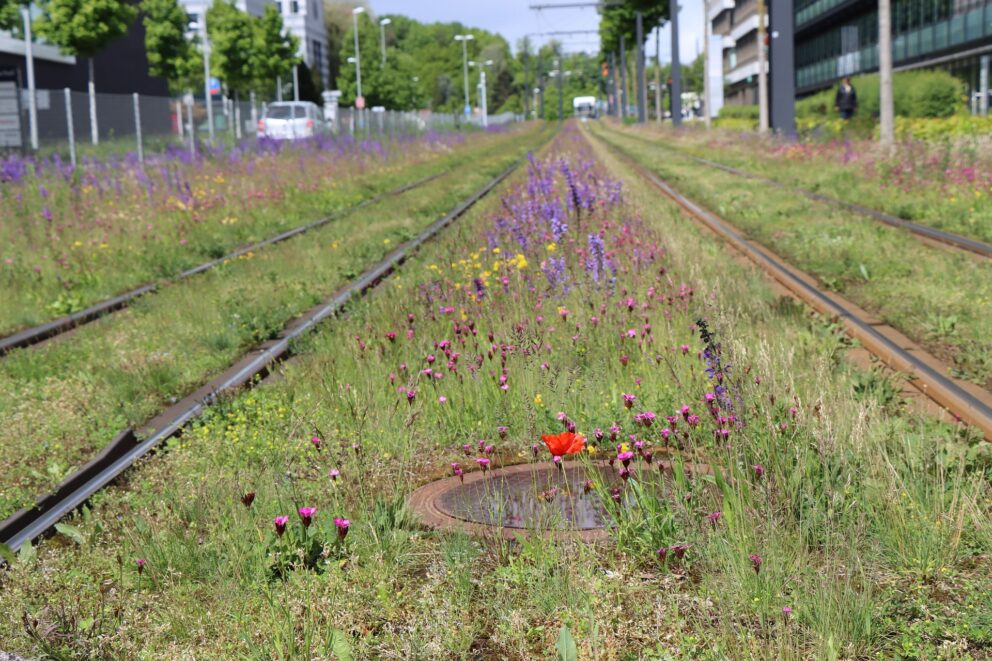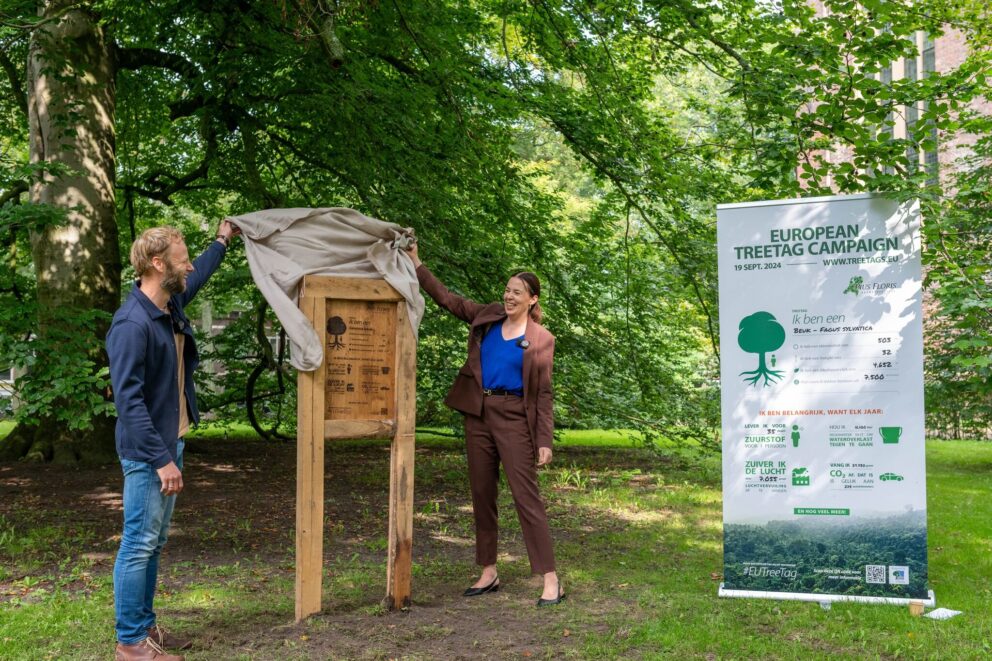Although municipalities often have the ambition and intention to take measures to make cities climate-proof, implementation is often lacking. What can hinder or stimulate the process of implementing climate adaptation measures? A team of scientists from Utrecht University may have found answers.
Utrecht University investigated three municipalities
Climate adaptation measures are increasingly included in urban renewal, but it is usually not the main reason for implementing innovations and adjustments. For the research paper, Mandy van den Ende, PhD student at Utrecht University, researched three municipalities that recently took small-scale measures for the climate.
Lack of formal responsibility
Previous research has pointed to the barriers that often prevent the inclusion of climate adaptation measures in urban renewal, such as a lack of formal responsibility for climate adaptation. For the new study, the researchers wanted to explain the degree of implementation of climate adaptation measures on the basis of more generalizable processes, or ‘mechanisms’. An example of a hindering mechanism is that a lack of established policy for climate adaptation at the municipal level often results in less action.
Climate adaptation ambassador
But what can then ensure that ambitions are actually fulfilled? What are the mechanisms that do get things going? According to the research, an ‘climate adaptation ambassador’, a responsible person who is really committed to climate adaptation, can offer a solution. Such a person can also ensure that there is better cooperation between municipal departments, instead of ‘every man for himself’.
Making climate a priority
The researchers conclude that it would help if climate adaptation is finally adopted in policy. What we now often see is that climate adaptation ‘accidentally’ goes along with urban renewal. That is already a step in the right direction, but if it becomes a priority in policy, even more can be done because then you are not dependent on external events. On the other hand, a lack of policy means that there is more room for experimentation and innovation.
Source article: Universiteit Utrecht (in Dutch)
Research paper: Mechanisms influencing mainstreaming of adaptation in spatial development: case studies in three Dutch municipalities





